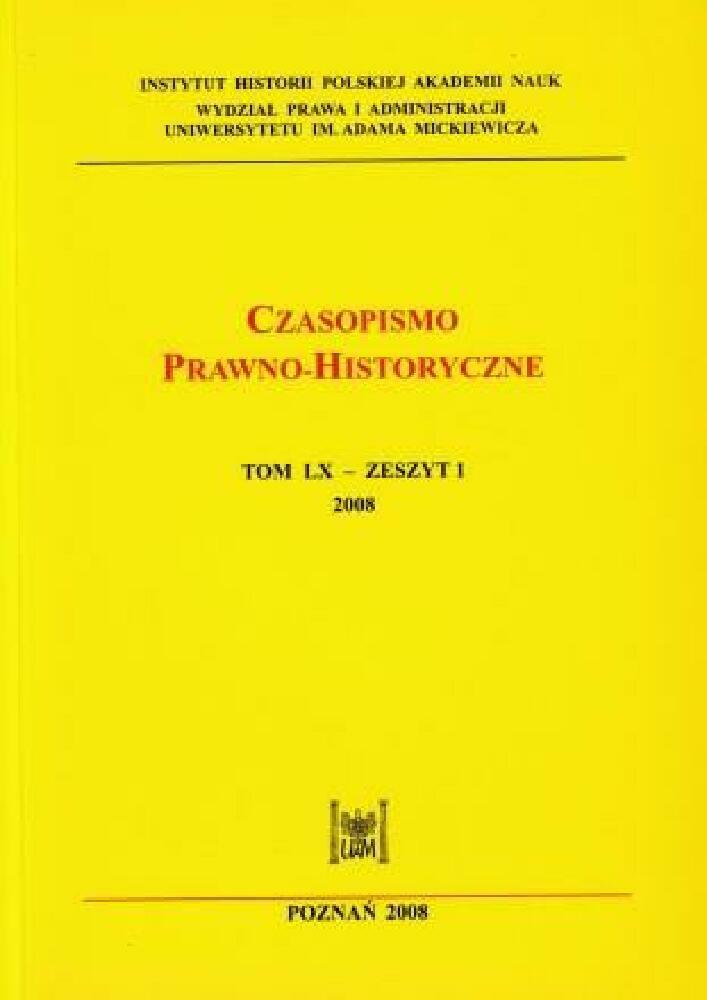Abstract
Since the very beginning of its implementation, the conditional discontinuance of criminal proceedings has been a legal institution of a dual normative shape regarded as a 'freedom' penal measure linked to the perpetrator's submission to probation. The main stages of the evolution of that institution indicate that initially the legal and penal regulations were meant to be nothing else but a norm established to accompany the solutions proposed in the penal code (article 27 and subsequent articles of the penal code 1969). The new penal code implemented in 1997 put a stop to the institution of conditional discontinuance in its legal substance scope and focused entirely on the gradual development of the regulations concerning conditional discontinuance of proceedings. This has, on the one hand, confirmed the material substance character ofthat regulation or penal remedy to a crime, and, on the other, has called for taking into account of the new trends in penal policy, with particular focus on the greater role of the participants to the proceedings in the determination of judicial decisions achieved in a settlement of the damage and compensation for the victim. The direction of the evolution concerning the regulations of conditional discontinuance of criminal proceedings clearly follows the contemporarily predominant trend to accelerate and simplify the penal trial, which is expressed in the creation of forms that are 'alternative' to trial. The regulation of conditional discontinuance of criminal proceedings introduced by the amendment of 2003, does in fact create a new - de lege lata – and is capable of being construed as a legal institution constituting a decision arrived at out-of court on the basis of the merits of the case. This phenomenon has every de lege referenda chance to act as the grounds for its normative isolation and autonomic development in the laws of Poland.
Funding
Digitalisation and OA co-funded by the Minister of Education and Science (Poland) under contract no. BIBL/SP/0002/2023/1
License
Copyright by Faculty of Law and Administration, Adam Mickiewicz University, Poznań, 2008
OPEN ACCESS




